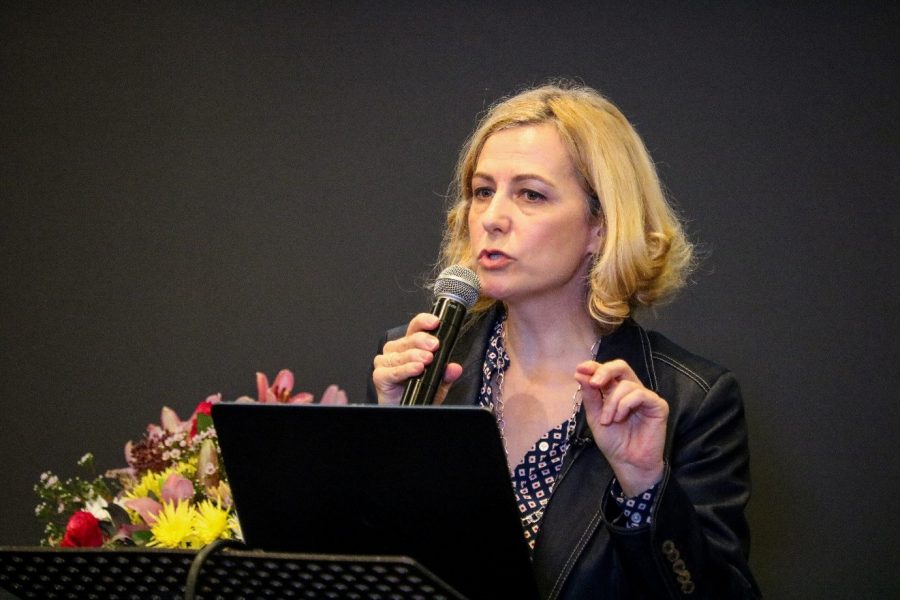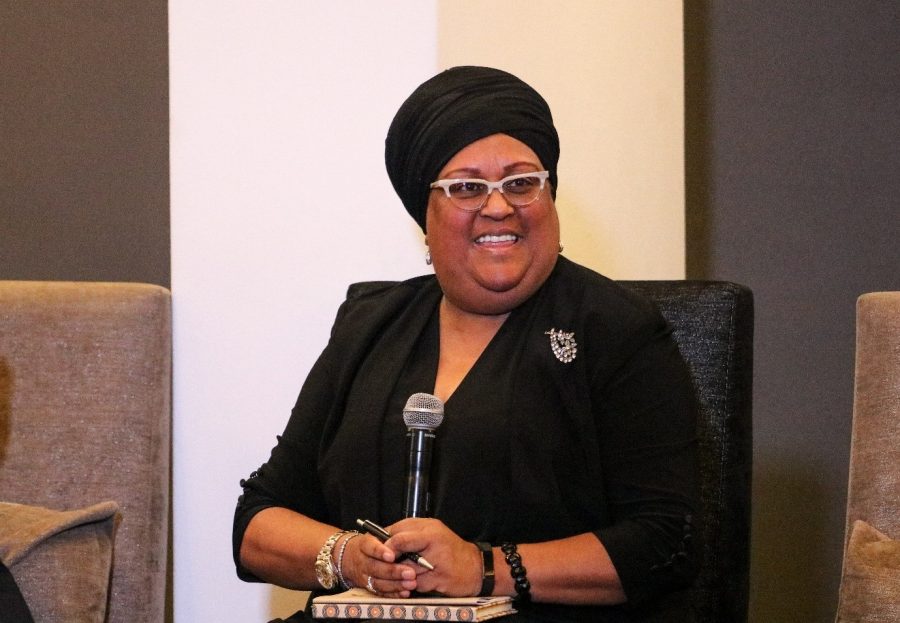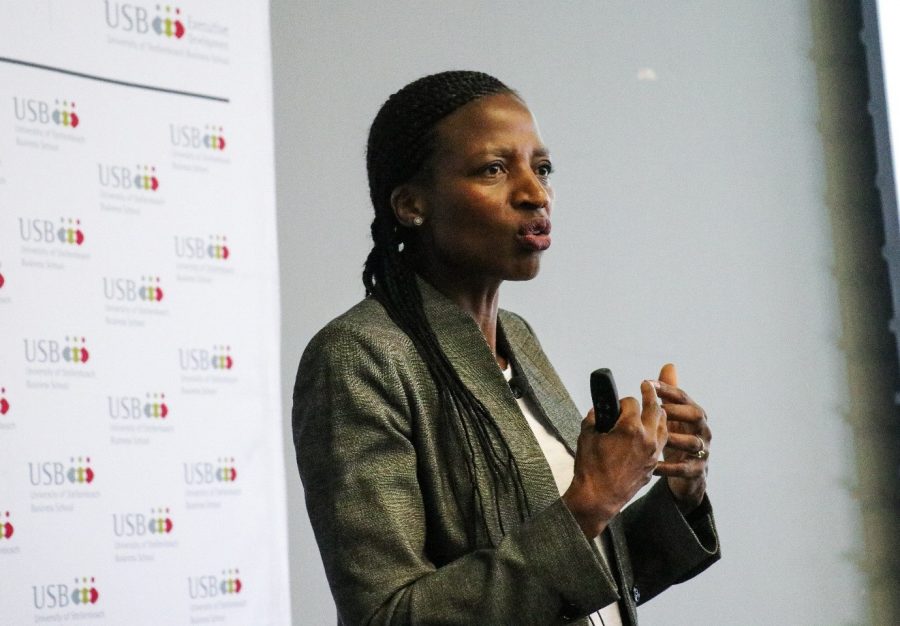Debunking myths about board gender diversity in SA
“As of July this year, South Africa has over 17 000 female SAICA (South African Institute for Chartered Accountants) affiliated chartered accountants. In 2010 there were 24 000 females graduating with Masters Degrees, and 6 100 with PhDs. These figures have increased in 2017 to roughly 31 000 women with Masters Degrees and 10 000 with PhDs.
“It’s a myth that there is not a sufficient pool of women available to serve on South African boards.”
She was speaking at a business breakfast event hosted annually by the USB, which takes place in Cape Town and Johannesburg. Bosch is an Associate Professor in Organisational Behaviour and Leadership and also editor of the SABPP (South African Board for People Practices) Women’s Report, which is released in August every year.
“Over the period of 2010 to 2017 there has been consistently more women candidate attorneys registered than men. There are also a vast number of associate professors and professors. So it is not about not enough women available to serve on boards.”
She said another myth is that all women support targets. “That is not so. A lot of women want to resist this notion because they don’t want to be seen as a token appointment,” she said.
“The next myth is that when targets are set, they are met,” said Bosch. “Though quotas have worked in many parts of the world, we have a system and target setting in South Africa but it is not met. It is unconstitutional in South Africa to set quotas. You can set numerical targets and with that there is a level of flexibility involved with the targets.
“Another myth is that if we leave things as they are, there will be a natural increase in the numbers of women on boards.”
“Another myth is that if we leave things as they are, there will be a natural increase in the numbers of women on boards. The number of women on boards in South Africa on JSE-listed companies has been driven by legislation, of which the broad-based black economic empowerment (BEE) has been one of the biggest drivers,” she said.
Bosch added that there is no legislation in South Africa directly obliging companies to include women on their boards of directors. “However, there are several indirect legal measures to incentivise gender diversity on boards. The King IV Report for Corporate Governance, which is applicable on a voluntary basis, works on this idea of ‘apply and explain’.
“The Report recommends that the governing body should promote diversity for better decision-making and better governance. That includes gender diversity and it should set targets for race and gender representation,” she explained.
“Our government has various commitments. We as a country have signed various international labour organisation conventions. We have also signed several protocols and this is very important because we are now held accountable against these.
“Yet, we are not meeting the requirements. Why? Because we work in the networks that we know. We don’t deliberately broaden our network and meet other people to collaborate with.
“We also had the failed Women Empowerment and Gender Equality Bill, which to date has not had traction again. When you look at annual reports of companies, gender equality on boards is not really a primary concern. It is not one of the top issues that we are looking at,” she said.
‘Seeking diverse voices’
Zyda Rylands, CEO of Woolworths SA, also spoke at the event and said the journey to the top comes with many challenges. “The journey to the top is not always up, up, up. It’s sometimes up and then sideways, sideways, up. But sideways is also good. As long as you are learning and growing,” she said.
“The journey to the top is not always up, up, up. It’s sometimes up and then sideways, sideways, up. But sideways is also good.”
She added that she liked having diverse voices on her team. “I like listening and I like conflicting voices. Listen differently; listen to what is not being said. How do we (women and men) create magic together?”
‘Business needs a change in consciousness’
“The United Nations reported in June this year that no country is on track to achieve gender equality by 2030,” said Faith Khanyile, CEO of WDB Investment Holdings (WDBIH), a company with the aim of driving women’s economic empowerment in South Africa. She was a speaker at the Johannesburg event.
“Women hold just 12,7% of board directorship in Africa – nearly 5% lower than the global averages, and approximately a third of all African corporates have no female directors,” she said.
“We are making strides across all sectors of society, but it is not enough.”
She added that gender diversity makes for a stronger, more robust board that is capable of making more informed decisions when it comes to capital management, to key executive choices, making decisions in the interest of long-term sustainability and taking the interests of all voices and need into account.
“We are making strides across all sectors of society, but it is not enough. And why is that? Because until the world achieves gender parity across all spheres, human kind will continue to underperform as a species,” she said.
***
The USB Business Breakfast is an annual event held in Johannesburg and Cape Town where USB academics and guest speakers engage with industry on insights from the latest research and business practices on governance mechanisms that drive socially sustainable solutions.
Subscribe
Want to stay in touch with the Stellenbosch Business School community? Sign up and receive newsletters from our desk to your inbox.
SIGN UP



